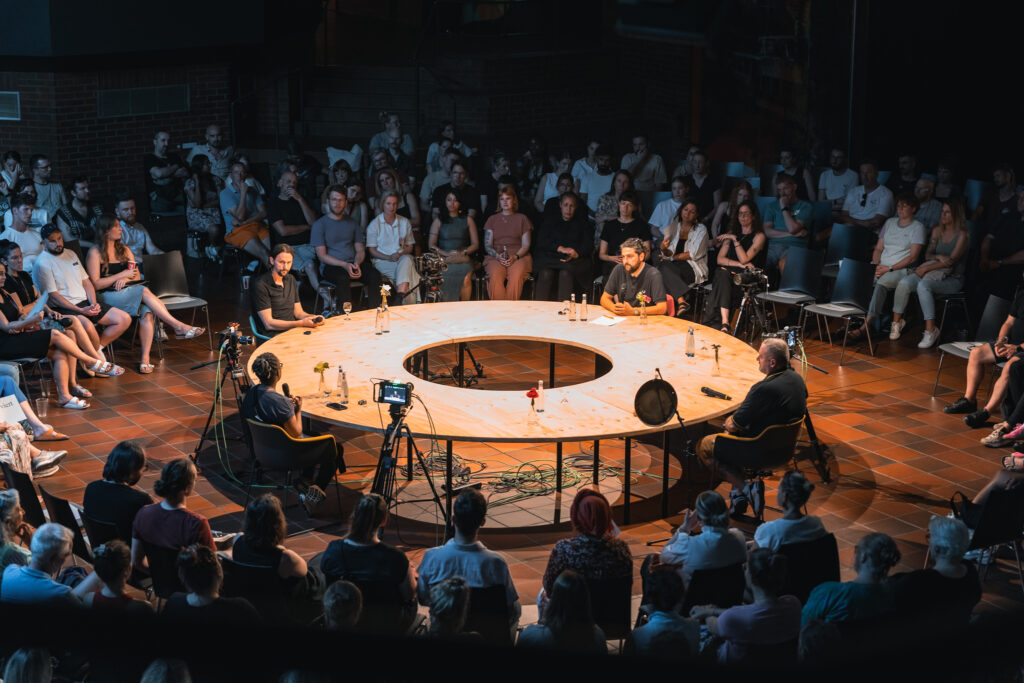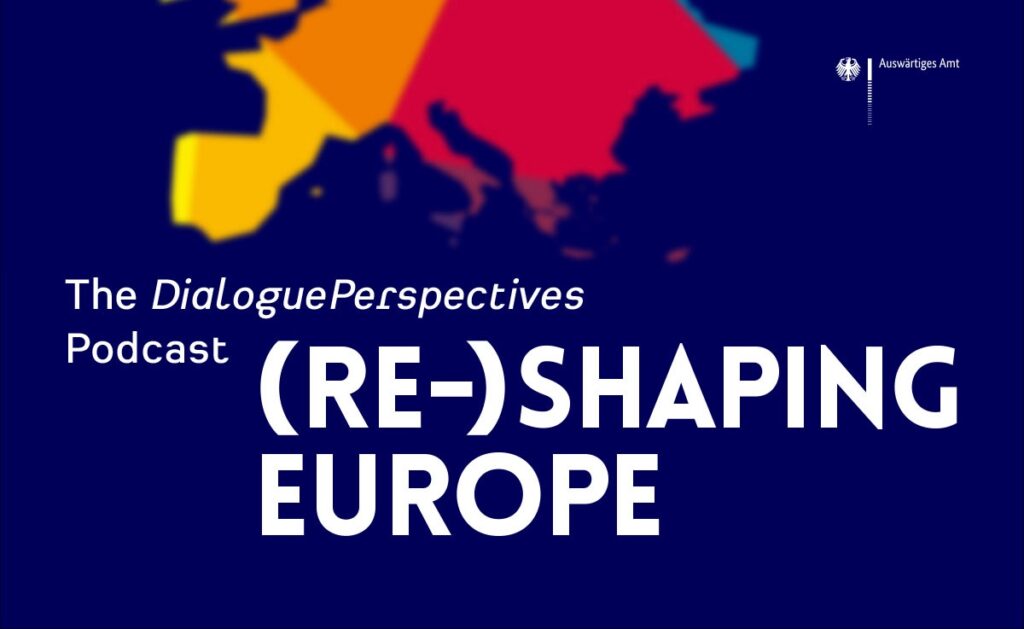„Marseille – Religious Plurality at the Crossroads of a Multicultural City and National Laicism“
Eine Gruppe aktueller und ehemaliger Teilnehmer*innen von Dialogperspektiven reiste nach Marseille, Frankreich, um die Geschichte der Stadt und ihre aktuellen Herausforderungen, darunter Migration und soziale Fragen, zu erkunden. Ihre Reise zielte darauf ab, die Komplexität der sozialen und religiösen Landschaft Marseilles zu verstehen und half ihnen, über Themen wie Säkularismus und sozialen Zusammenhalt nachzudenken. Besuche in jüdischen, muslimischen und katholischen Gemeinden vermittelten differenzierte Einblicke in die religiöse Vielfalt Marseilles. Die Begegnungen mit den Menschen vor Ort boten unterschiedliche Perspektiven und hinterließen ein Gefühl der Sorge und Hoffnung auf ein pluralistisches Leben, ein respektvolles Zusammenleben und eine spürbare Solidarität in Marseille und Europa.
Impressions from our participants:
From 1 to 5 May 2024, we – a group of DialoguePerspectives Alumni – visited Marseille to collaboratively explore the city and engage with religious and civil society actors. Why choose Marseille? Marseille’s extensive history of migration intersects with current social challenges, including the reinvigorated debate on French secularism and the escalation of far-right movements and political entities in southern France. The city represents a microcosm of the broader social challenges confronting Europe. In the current European context, where religious diversity and coexistence are under threat, Marseille emerges as a pivotal location for examining the construction of pluralistic and democratic societies. The city is distinguished by its religious plurality, hosting Europe’s third-largest Jewish community and a myriad of Christian and Muslim denominations. This multi-religious landscape has profoundly influenced Marseille’s societal fabric. In designing our program, we lay a critical focus on the intersections of religion, migration, and queer identities, aiming to develop nuanced responses to the rising tide of right-wing politics.


We got a guided city tour through a Jewish lens, visited ‘Calem’, a queer Muslim community and association, and met with representatives of ‘D&J Arc-en-Ciel’, a queer Catholic organisation. Furthermore, we visited the Musée des civilisations de l’Europe et de la Méditerranée (MUCEM) with a guided tour and experienced Marseille from a completely different sensory perspective with a ‘blind walk’. We talked about the city’s stark social disparity and segregation at L’Après-M, a former McDonald’s in Marseille’s Quartiers Nord, which was transformed into a „Restaurant Solidaire“ and community space by the occupation during the early Covid-19 lockdowns. We were able to go more into these subjects on our last day when we met with a criminal defense attorney. Specifically, we learned about his practice and how the legal system and its players address socio-economic injustice. Racism and Marseilles police violence were among the other subjects discussed.


The people we met as part of the programme shared their lived realities with us that would have been invisible through a touristic outside lens. They provided us with an astonishingly wide array of sometimes contradictory perspectives on this ever-changing city. In the end, they left us with a sense of worry and at the same time hope for a pluralistic life, modes of respectful coexistence, and tangible solidarity in Marseille and Europe.
Text & Pictures: Anile Tmava & Simon Stromer






